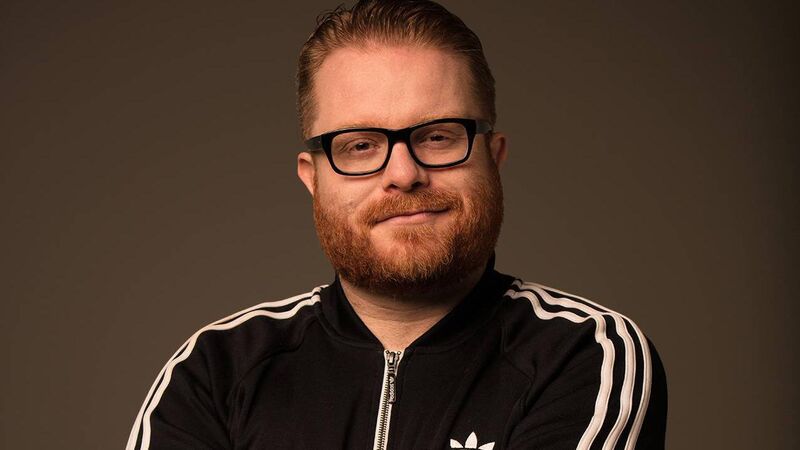TodayFM’s Ed Smith on music: 'You have nothing to lose but your guilt'

Ed Smith: "We swapped CDs and records like it was treasure. It changed everything."
If there's a contemporary phrase that irks and irritates DJ, radio presenter, and podcast host Ed Smith (46) in equal measure, “guilty pleasure” is it.
Roaring the billion-dollar shame industry into life (fellow greatest hits include weight gain and acne vulgaris), Smith objects to the simultaneous elevation and denigration process, assigning moral failure to those brushing up against the Platonic ideal.







